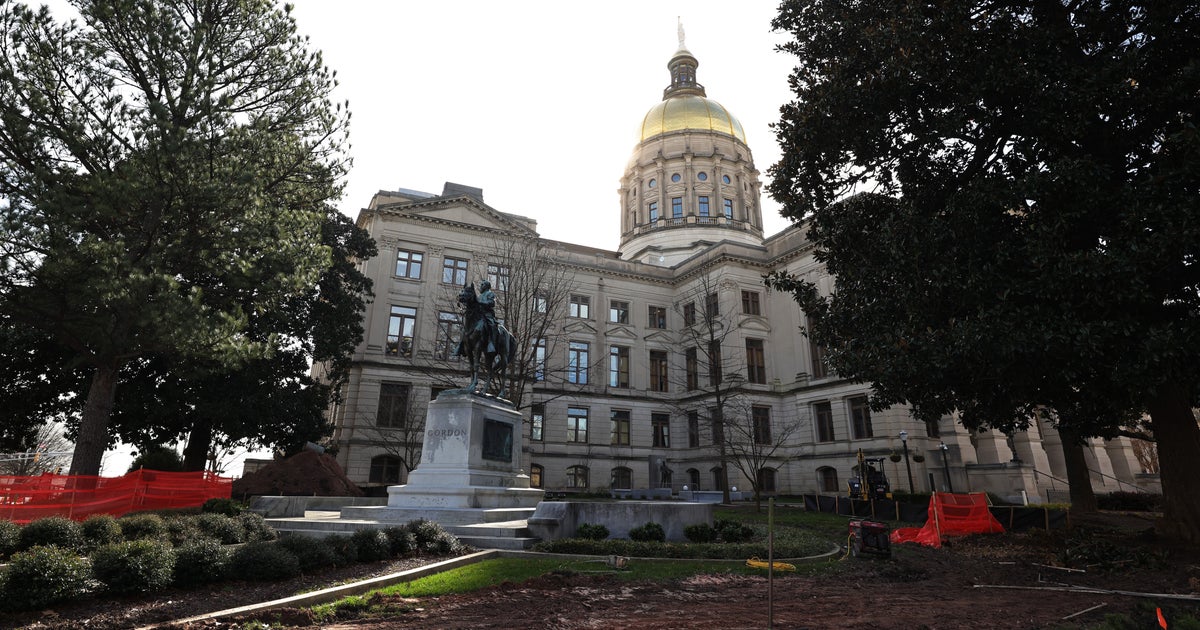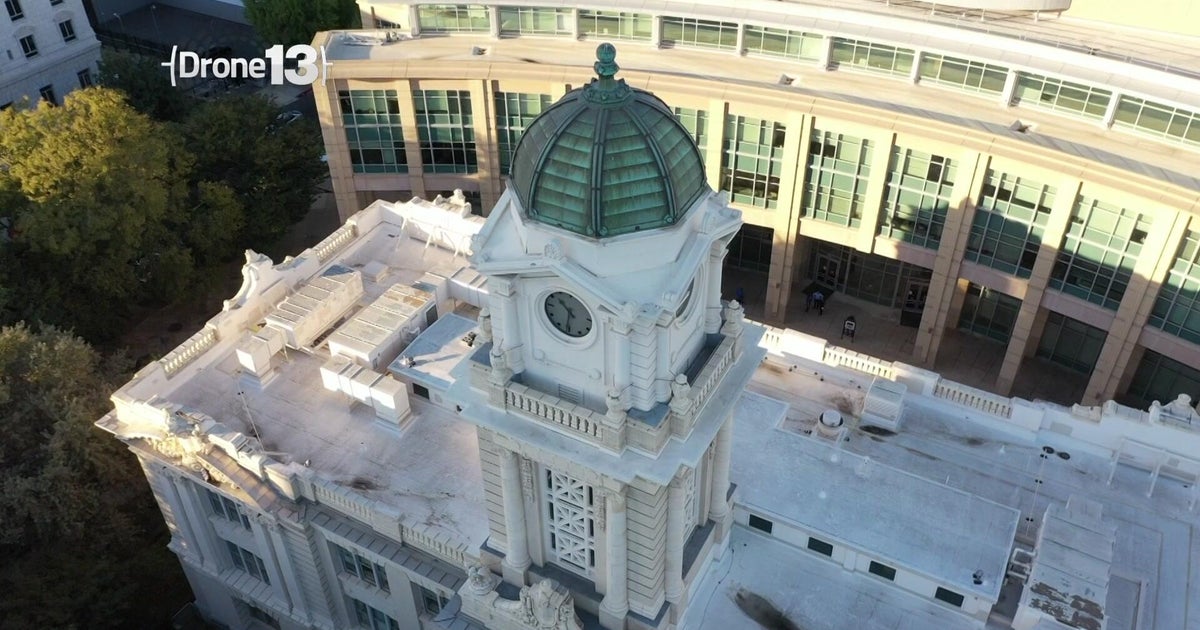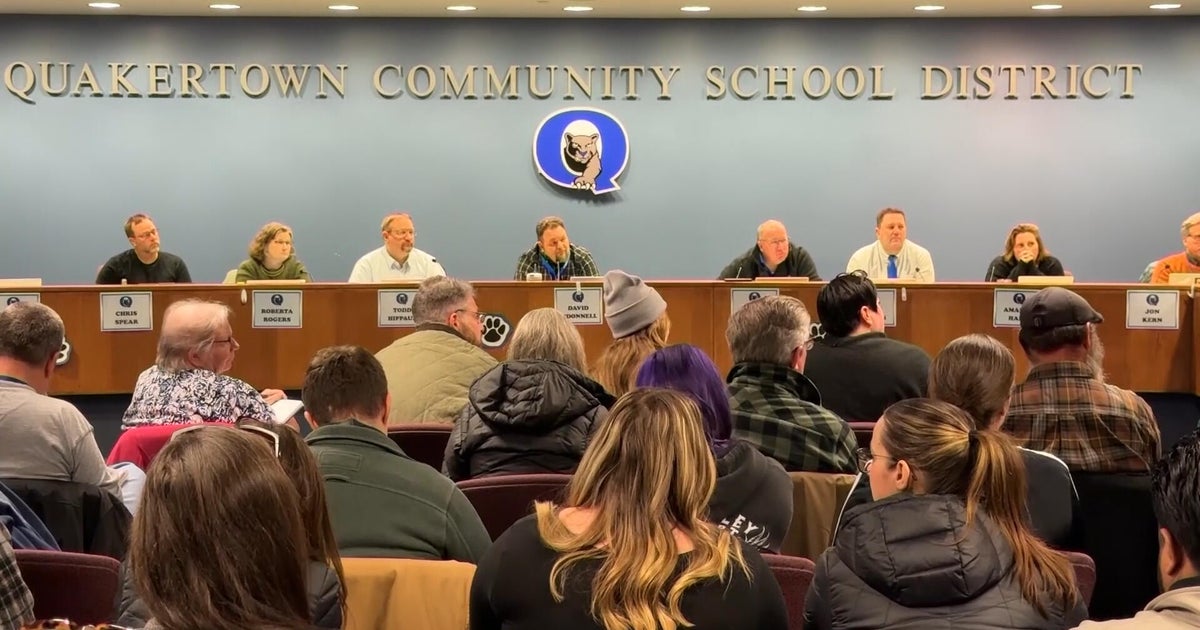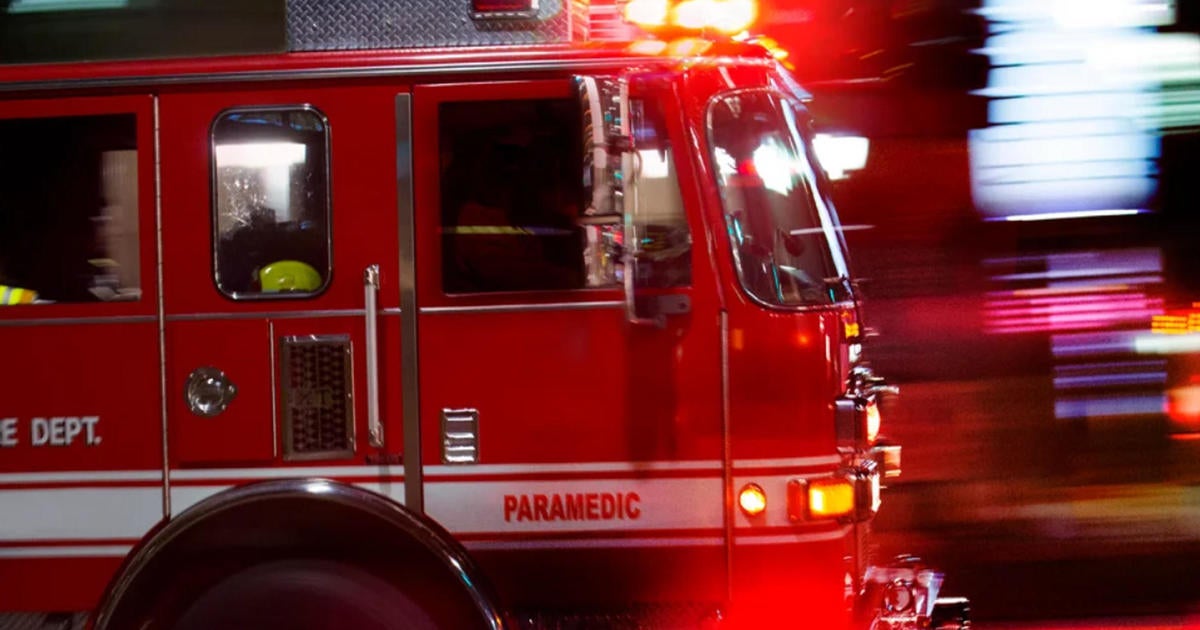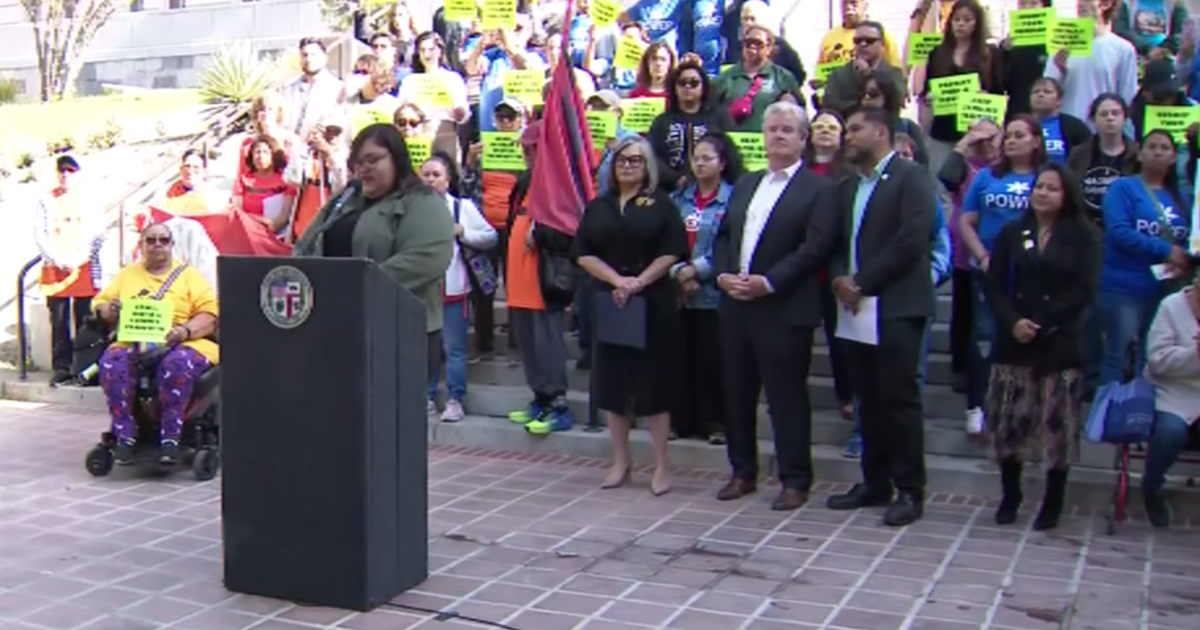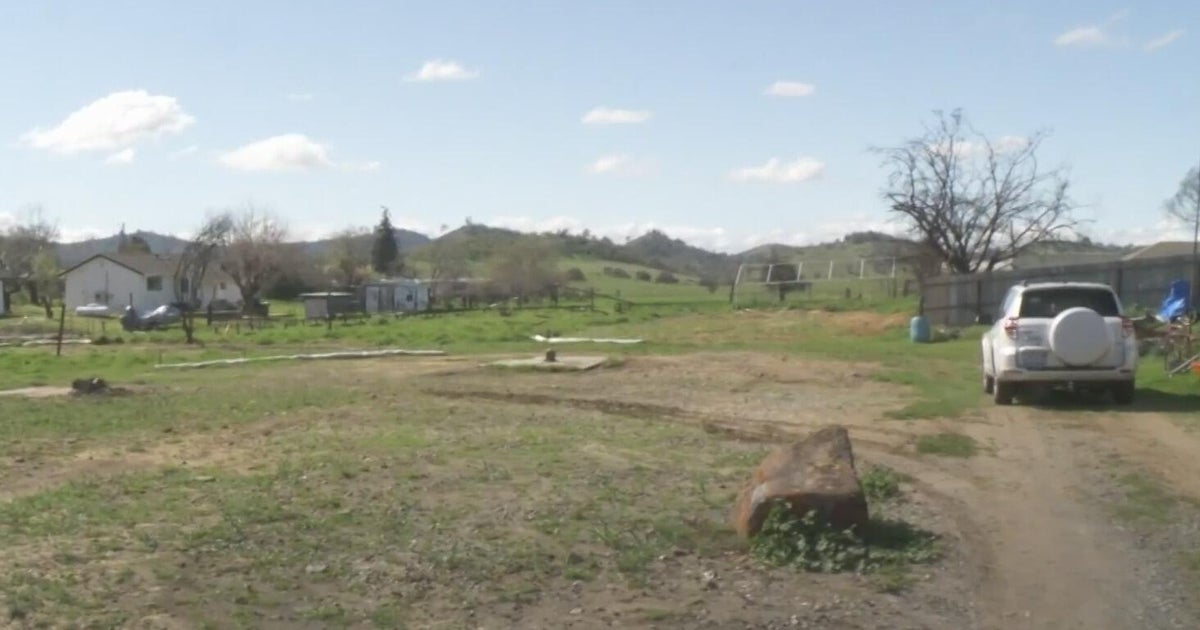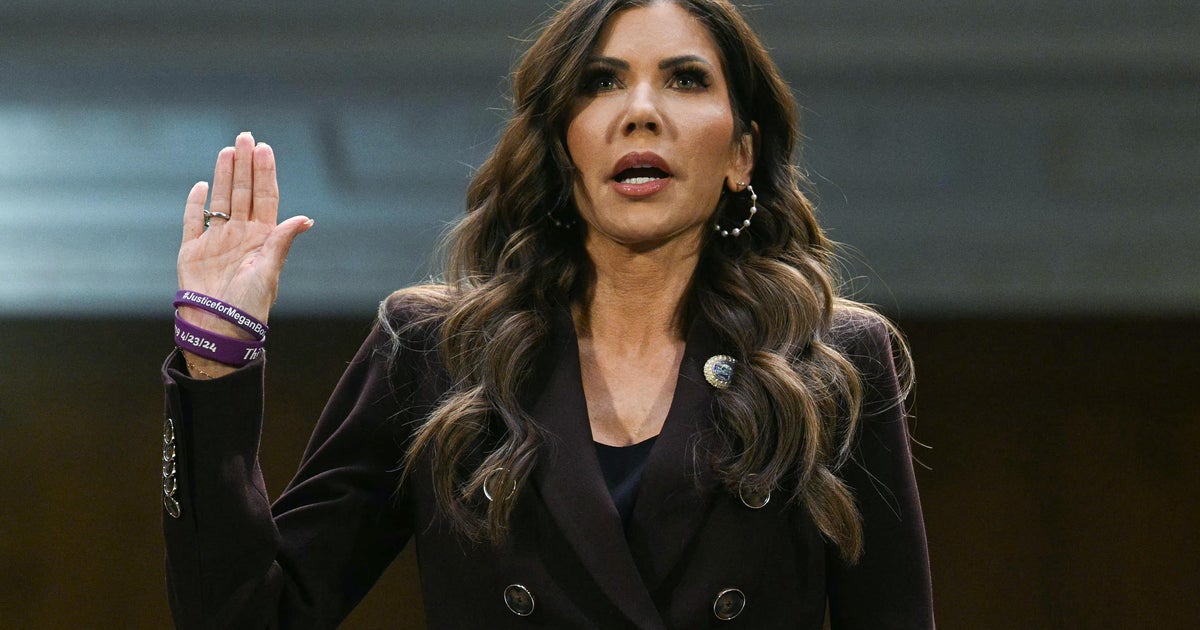Pennsylvania Lawmakers To Reconvene, Budget Status Unclear
HARRISBURG (AP) - Pennsylvania legislators convened briefly Tuesday for the first time since state budget negotiations collapsed just before Christmas, but partisan differences over spending and taxation blocked any clear path to ending a stalemate now in its seventh month.
Legislative leaders fulfilled a constitutional requirement for the Legislature to meet on the first Tuesday in January, but neither chamber transacted any business during the ceremonial sessions and no formal talks are scheduled. The full House is to convene next week and the Senate in the following week.
Still, with Democratic Gov. Tom Wolf slated to deliver his 2016-17 budget address Feb. 9, the budget mess was the main topic of discussion among party leaders.
Last week, Wolf vetoed parts of a $30.3 billion budget penned by House Republican leaders who broke away from a broader compromise that they had helped negotiate with Wolf and Senate leaders. The bill, sent to Wolf's desk as lawmakers broke for the holidays, was similar to a measure he had vetoed in June.
The governor released more than $23 billion, including overdue payments to the 500 school districts as well as social-service agencies across the state. But he harshly criticized Republican leaders for not passing the more ambitious bipartisan budget, which contained about $500 million more than the House plan to cover additional money for schools and deficit reduction but also called for a $1 billion-plus tax increase.
The $30.8 billion bipartisan budget would increase state spending by a record 6 percent. The House GOP proposal, which would require a smaller tax increase, would boost spending by about 4.5 percent.
Senate Majority Leader Jake Corman stressed that passage of a companion bill to restructure public pension benefits is key to Senate GOP support for the new revenue that is central to the bipartisan budget deal. The rejection of the pension bill by the House prompted Senate Republicans to withdraw from the bipartisan budget deal and pass the House GOP budget.
"The key is what can the House pass," said the Centre County Republican.
The pension bill would create a mandatory 401(k)-style benefit for state government and public school employees hired in the future. It would cut in half the traditional pension benefit for new hires, while placing certain new limits on the future pension benefits of current employees.
"You just cannot cure the structural deficits without fixing the cost drivers" that include escalating pension costs, said Senate President Pro Tempore Joe Scarnati, R-Jefferson.
House Majority Leader Dave Reed said he would welcome proposals to include local property relief in the budget bill and that any attempt to increase major state taxes without it is bound to fail in the House.
"I don't foresee a situation where the House is going to be agreeable to a sales tax or an income tax increase that does not include property-tax reductions or elimination," the Indiana County lawmaker said.
Senate leaders were quick to point out that the bipartisan budget and a bill to send about $600 million to the state-related universities - Penn State, Pitt, Temple and Lincoln - and the University of Pennsylvania veterinary school are among several major spending measures that are pending in the House.
"It's not up to us now; it's in the hands of the House," said Sen. Jay Costa, the Democratic minority leader.
Join The Conversation On The KDKA Facebook Page
Stay Up To Date, Follow KDKA On Twitter
(Copyright 2016 The Associated Press. All rights reserved. This material may not be published, broadcast, rewritten or redistributed.)
